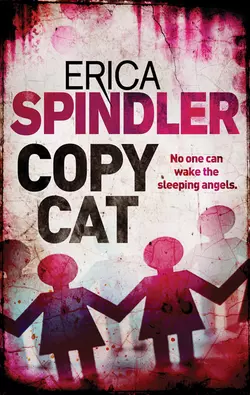Copycat

Erica Spindler
Тип: электронная книга
Жанр: Современная зарубежная литература
Язык: на английском языке
Стоимость: 536.55 ₽
Статус: В продаже
Издательство: HarperCollins
Дата публикации: 16.04.2024
Отзывы: Пока нет Добавить отзыв
О книге: Five years ago, three young victims were found murdered, posed like little angels. No witnesses, no evidence left behind. The Sleeping Angel Killer called his despicable acts ′the perfect crimes.′ The case nearly destroyed homicide detective Kitt Lundgren′s career– because she let the killer get away. Now the Sleeping Angel Killer is back. But Kitt notices something different about this new rash of killings– a tiny variation that suggests a copycat killer may be re-creating the original ′perfect crimes′.Then the unthinkable happens. The Sleeping Angel Killer himself approaches Kitt with a bizarre offer: he will help her catch his copycat. Kitt must decide whether to place her trust in a murderer – or risk falling victim to a fiend who has taken the art of the perfect murder to horrific new heights.